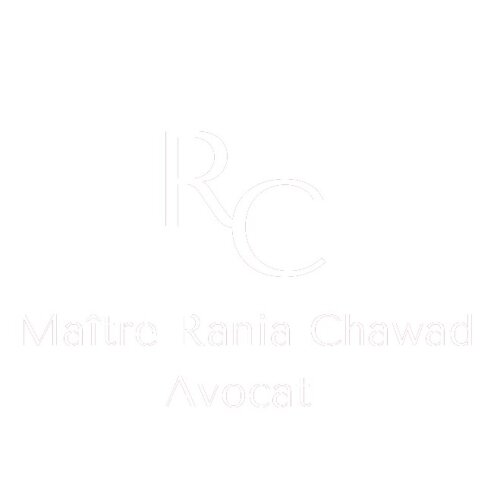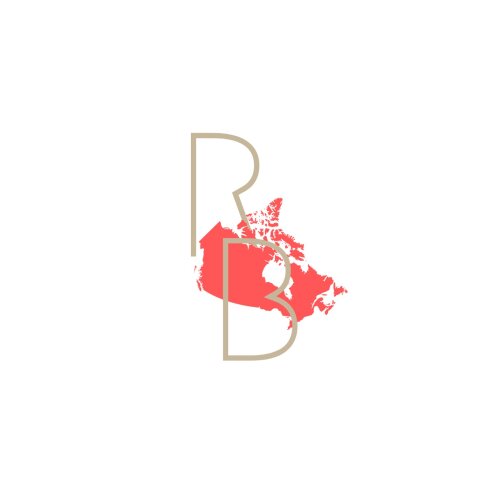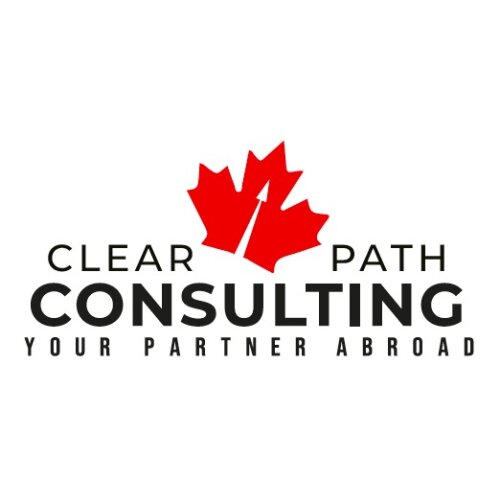Best Dependent Visa Lawyers in Morocco
Share your needs with us, get contacted by law firms.
Free. Takes 2 min.
Or refine your search by selecting a city:
List of the best lawyers in Morocco
About Dependent Visa Law in Morocco
Morocco, with its rich cultural history and strategic location, is a popular destination for expatriates and foreigners. The Moroccan government issues dependent visas to allow family members of those living in Morocco on a residence permit to join them. The dependent visa facilitates family unity by permitting spouses, children, and occasionally other dependants to reside in Morocco alongside the principal visa-holder. To qualify for this visa, applicants must demonstrate a familial relationship and provide the necessary documentation, including proof of sponsorship and financial sustenance by the principal visa-holder.
Why You May Need a Lawyer
Applying for a dependent visa in Morocco can be a complex process, often requiring a thorough understanding of both legal requirements and procedural steps. Common situations where legal counsel may be sought include:
- Understanding eligibility criteria and required documentation.
- Navigating language barriers and complex application forms.
- Dealing with complications or rejections in visa processing.
- Addressing unique family circumstances, such as custody issues or extended family applications.
- Understanding one’s rights and responsibilities while residing in Morocco on a dependent visa.
Local Laws Overview
Morocco's legal framework regarding dependent visas includes a few key aspects:
- Eligibility: Only family members such as spouses and children are generally eligible, with some exceptions for other dependents.
- Documentation: Crucial documents include marriage certificates, birth certificates, proof of sufficient financial means, and health insurance coverage.
- Sponsorship: The principal visa-holder must act as the sponsor, guaranteeing financial support and accommodation for the dependents during their stay.
- Residency Rights: Dependents are allowed to reside in Morocco for the duration of the principal visa-holder’s residency permit, subject to renewal conditions.
- Legal Compliance: Dependents must adhere to local laws and can face legal actions or deportation in case of violations.
Frequently Asked Questions
1. What is a dependent visa?
A dependent visa allows family members of a foreign resident in Morocco to live with them. It typically applies to spouses and children.
2. Who can apply for a dependent visa in Morocco?
Spouses, children, and sometimes other dependents of foreign residents holding a valid residence permit in Morocco can apply.
3. What documents are required for a dependent visa application?
Commonly required documents include a passport, birth/marriage certificates, proof of sponsorship, financial means, and medical insurance.
4. How long is a dependent visa valid?
Dependent visas are generally valid as long as the principal visa-holder's residency permit, subject to renewals and compliance with conditions.
5. Can dependent visa holders work in Morocco?
Typically, dependent visa holders are not granted work rights unless they obtain a separate work permit or visa.
6. What should I do if my dependent visa application is rejected?
You may appeal the decision, provide additional documentation, or seek legal assistance to better understand and address the reasons for rejection.
7. How can one extend their dependent visa in Morocco?
Extensions require re-submission of updated documentation and proof that the principal visa-holder continues to meet sponsorship obligations.
8. Is it necessary to reside in Morocco continuously on a dependent visa?
Continuous residence is generally required, with allowances for short trips. Prolonged absence might affect visa validity.
9. Can dependent visas be transferred to another category?
In certain circumstances, dependents may change visa types, but this involves a separate application and meeting eligibility criteria for the new visa.
10. Is it possible for same-sex partners to be recognized under dependent visa laws in Morocco?
Currently, Moroccan laws do not recognize same-sex relationships in the context of dependent visa applications.
Additional Resources
For more information and assistance, consider reaching out to the following resources:
- Moroccan Ministry of Foreign Affairs and International Cooperation
- Local Moroccan Embassies and Consulates
- Legal aid organizations focused on immigration and family law
- Expat community groups in Morocco for shared experiences and advice
Next Steps
If you require legal assistance for a dependent visa in Morocco, consider the following steps:
- Consult with a legal expert specializing in immigration law.
- Prepare all necessary documentation and ensure they are translated and authenticated if required.
- Stay informed on the latest regulatory changes and procedural requirements.
- Engage with community resources for support and guidance through the application process.
Lawzana helps you find the best lawyers and law firms in Morocco through a curated and pre-screened list of qualified legal professionals. Our platform offers rankings and detailed profiles of attorneys and law firms, allowing you to compare based on practice areas, including Dependent Visa, experience, and client feedback.
Each profile includes a description of the firm's areas of practice, client reviews, team members and partners, year of establishment, spoken languages, office locations, contact information, social media presence, and any published articles or resources. Most firms on our platform speak English and are experienced in both local and international legal matters.
Get a quote from top-rated law firms in Morocco — quickly, securely, and without unnecessary hassle.
Disclaimer:
The information provided on this page is for general informational purposes only and does not constitute legal advice. While we strive to ensure the accuracy and relevance of the content, legal information may change over time, and interpretations of the law can vary. You should always consult with a qualified legal professional for advice specific to your situation.
We disclaim all liability for actions taken or not taken based on the content of this page. If you believe any information is incorrect or outdated, please contact us, and we will review and update it where appropriate.
Browse dependent visa law firms by city in Morocco
Refine your search by selecting a city.













